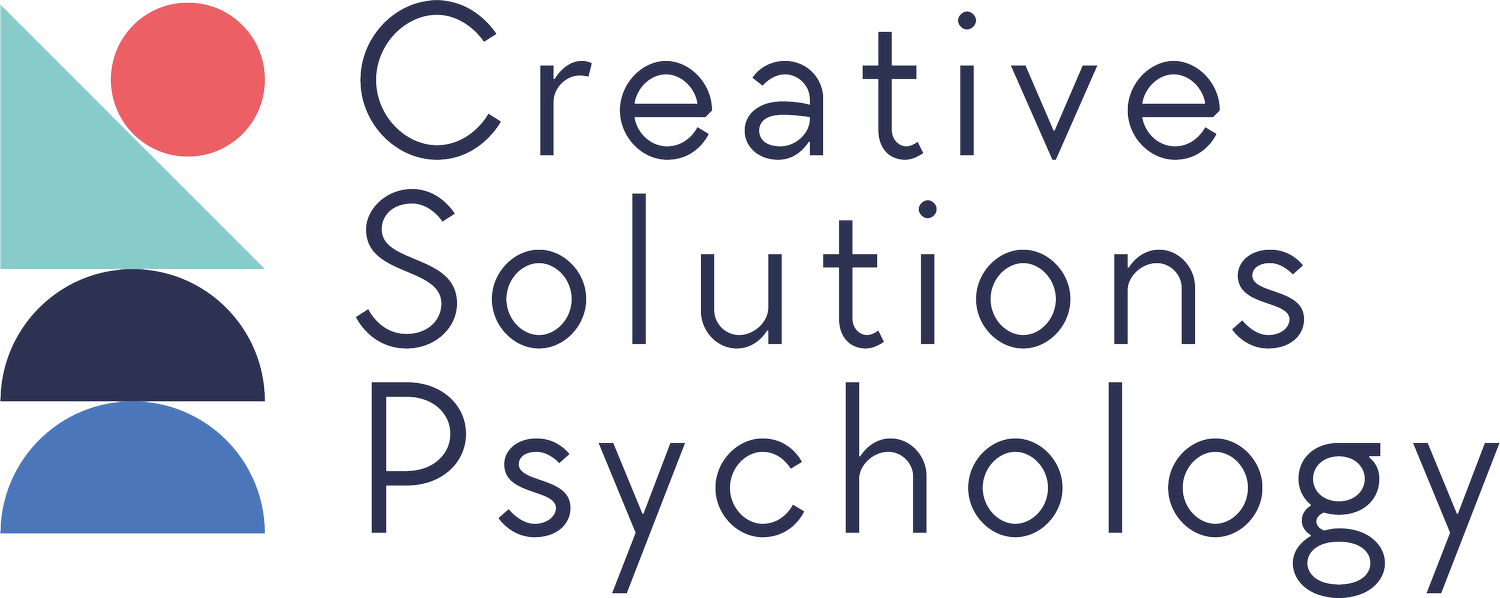Supporting Children with ADHD: Non-Pharmacological Interventions
As an educational psychologist, I've seen firsthand the diverse challenges faced by children with difficulties in attention, activity, and impulsivity. While medication can be a component in managing ADHD, it's not the only solution. In line with the recent guidance from the Division of Educational and Child Psychology (DECP), non-pharmacological interventions play a pivotal role in supporting these children.
Understanding ADHD Beyond Medication
ADHD, characterised by persistent patterns of inattention, hyperactivity, and impulsivity, affects many aspects of a child's life, from academic performance to social interactions. Traditionally, medication has been the go-to treatment. However, a growing body of research and professional guidance, including from the DECP, advocates for a more holistic approach. This approach integrates non-pharmacological strategies that can significantly enhance a child's functioning and well-being.
The Importance of a Comprehensive Approach
A comprehensive approach to ADHD involves understanding each child's unique strengths and challenges. The DECP guidance emphasises the need for tailored interventions considering the child's developmental history and environmental factors. This perspective helps in formulating strategies that are not only effective but also sustainable in the long term.
Practical Non-Pharmacological Strategies
1. Environmental Modifications: One of the most effective strategies is modifying the learning environment to better suit the needs of children with ADHD. This includes creating structured and predictable routines, which help reduce anxiety and improve focus. For instance, using visual schedules can help children understand and anticipate daily activities, thereby enhancing their ability to manage transitions smoothly.
2. Active Engagement: Keeping children actively engaged during lessons can significantly reduce inattentiveness and hyperactivity. Techniques such as interactive teaching, hands-on activities, and frequent breaks can make learning more dynamic and engaging. Incorporating movement into lessons, such as through educational games or kinesthetic activities, can also be beneficial.
3. Positive Teacher-Pupil Relationships: Building strong, positive relationships between teachers and pupils is crucial. These relationships create a supportive and understanding environment that can help children feel more secure and valued. Positive reinforcement, consistent expectations, and empathetic communication are key components of fostering such relationships.
4. Social and Emotional Support: Enhancing the social and emotional climate of the classroom is vital. This includes teaching social skills, providing opportunities for peer interactions, and promoting emotional literacy. Children with ADHD often struggle with social cues and emotional regulation, so targeted interventions in these areas can lead to significant improvements.
5. Family Involvement: Supporting families is another critical aspect. Providing parents with resources and strategies to manage ADHD at home can create a consistent support system for the child. Parent training programs that focus on behaviour management techniques and communication strategies can empower families to better support their children.
Assess, Plan, Do, Review
The DECP guidance advocates for an "assess, plan, do, review" framework. This cyclical process involves:
Assessing the child's specific needs and strengths.
Planning interventions that are individualised and contextually relevant.
Doing by implementing these interventions consistently.
Reviewing the outcomes and making necessary adjustments.
This approach ensures that interventions remain dynamic and responsive to the child's evolving needs.
Conclusion
Supporting children with ADHD requires a multifaceted approach that goes beyond medication. By incorporating non-pharmacological interventions, we can create a more inclusive and supportive environment that helps these children thrive. The DECP guidance provides a valuable framework for educational psychologists, teachers, and families to collaboratively enhance the well-being and academic success of children with ADHD.
For more detailed information and practical resources, you can refer to the full DECP guidance available on the British Psychological Society's website.
